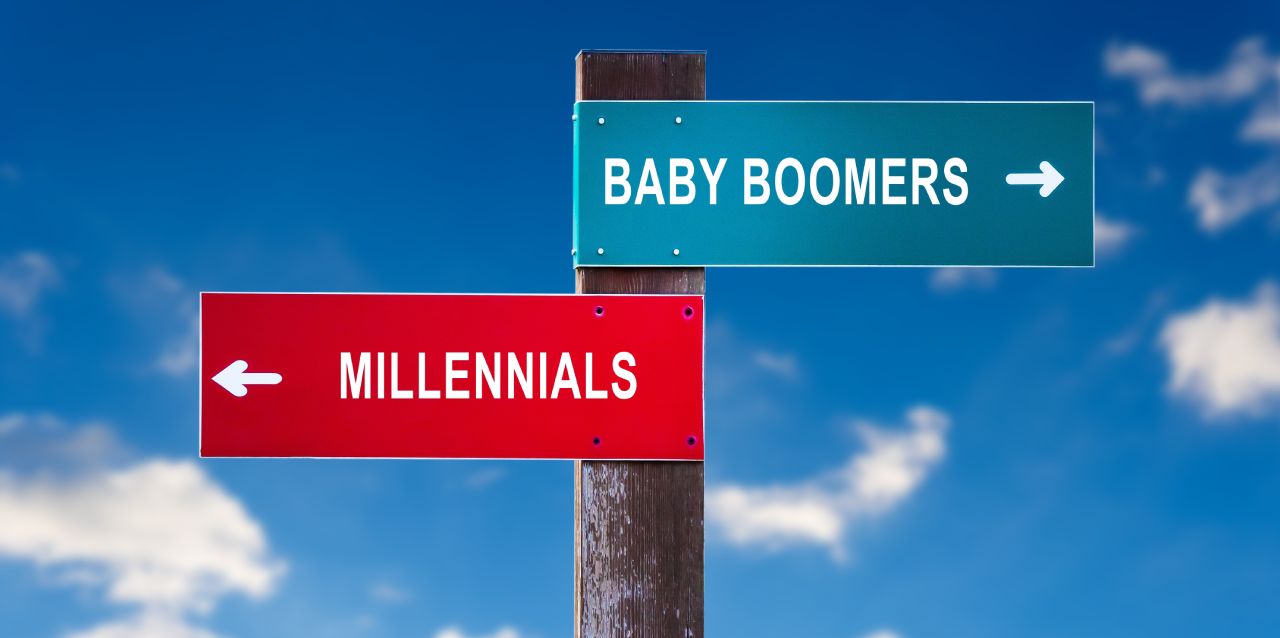A recent survey reveals an unexpected finding: baby boomers, born between 1946 and 1964, are less likely to maintain daily hygiene routines than other generations. This behavior includes bathing and brushing teeth less frequently than recommended. Although daily grooming is important for overall well-being, the factors that contribute to this trend among older adults are varied and complex.
Physical causes of decline in hygiene
The Centers for Disease Control and Prevention (CDC) recommends brushing your teeth twice a day and flossing. However, self-care can be more challenging with age. According to Dr. Michael Genovese, medical advisor at Acadia Healthcare, factors such as reduced mobility, arthritis and fatigue can make simple activities, such as showering or brushing, tiring or even dangerous. The Talker Research survey, which assessed grooming habits across four generations, showed that only 9% of Boomers brush their teeth twice a day, compared to 35% of Gen Z.
Maybe you might be interested in: Flavors too intense for you? You could be a ‘supertaster’ without knowing it
Mental health also plays a crucial role in self-care. According to a 2024 American Psychiatric Association survey, anxiety and depression largely affect baby boomers, with fewer than one in four seeking professional help. This can influence your hygiene routines, as memory problems or depressive symptoms can cause people to forget or avoid daily self-care activities.
Social and cultural challenges
Cultural differences between generations are also a relevant factor. Boomers grew up in a time when daily grooming was not emphasized as much as it is today. Additionally, by living alone or having less social interaction, they may lack the motivation to stay neat, which can affect their mental and physical health.
Lack of hygiene can lead to serious problems, from skin infections to the exacerbation of conditions such as eczema. Dr. Genovese stresses the importance of keeping the body and environment clean, especially for those with chronic illnesses, as cleanliness can improve mood and self-esteem and prevent illness.
Maybe you might be interested in: Do you know kind intelligence? The key to empathetic leadership
To support baby boomers in self-care, small changes can be made at home, such as bathroom adaptations and more accessible toiletries. Additionally, families can seek support from health professionals who help older adults develop appropriate and safe hygiene routines.
Daily hygiene is essential for mental and physical health. Understanding the specific challenges faced by baby boomers is key to addressing this issue and improving their quality of life in all aspects.
Subscribe to the magazine and sign up for our newsletters to receive the best content in your inbox.
You have 3 of 5 free accesses left.


